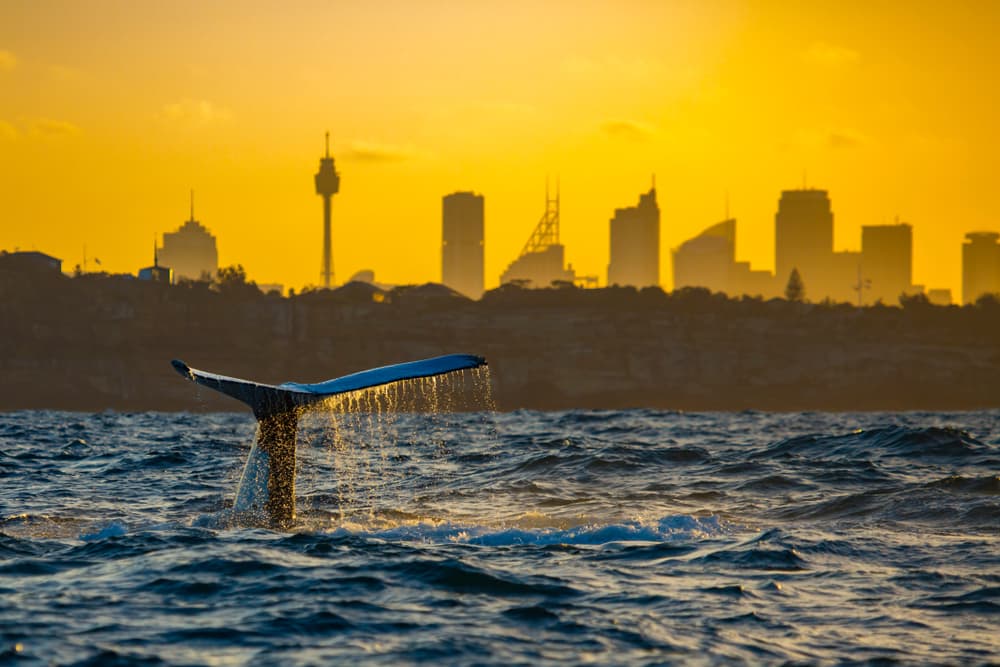Flying drones through whale spray

For marine biologists, the annual humpback migration along Australia’s eastern coast offers a wonderful opportunity to research whale behaviours and populations. Studying whales on the water however, can be pretty hair-raising stuff. Researchers have to negotiate ocean swell, bad weather and moving animals that can weigh up to 80 tonnes.
Thankfully, researchers have developed a much safer, less-invasive way to assess the health of humpbacks, using “mucus-capturing drones”. Vanessa Pirotta – a PhD candidate from the Department of Biological Sciences at Macquarie University joined Nic to explain the technique and the fascinating data it’s collecting.
